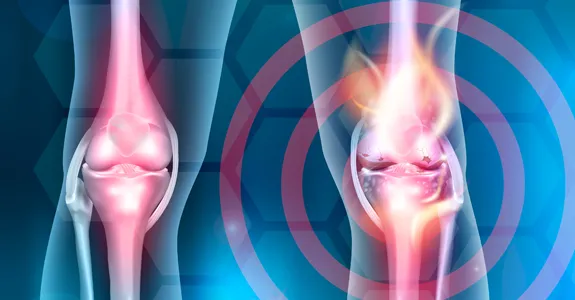
Dr. Robinson's lab studies the molecular mechanisms of and develops therapies to treat autoimmune and rheumatic diseases, with a focus on rheumatoid arthritis, multiple sclerosis, and osteoarthritis.
The laboratory is pursuing two major lines of research.
- The first is the study of autoimmunity. Autoimmune diseases affect 3-5% of the world population, yet the pathogenesis of most autoimmune diseases is unclear. Moreover, current therapies globally modulate immune function, resulting in potentially fatal side effects, and are not curative, serving only to slow disease progression.
A major objective of our research is to understand the mechanisms underpinning the initiation, natural remission, and progression of autoimmune diseasesparticularly of rheumatoid arthritis (RA) and multiple sclerosis (MS)and to develop targeted therapeutics that cure these diseases without incurring serious adverse side effects.
Another important goal is to develop biomarker assays that can guide therapeutic decision-making in clinical practice. Effective treatment of RA and MS has been impeded by the heterogeneity of the diseasesby identifying molecular signatures of disease subtypes, we hope to ultimately develop clinical tests that enable therapy to be tailored to the individual patient.
- The second line of research is the study of osteoarthritis (OA), the most common form of arthritis. Unlike RA, OA is not an autoimmune disorder and is generally believed to result from wear and tear. However, inflammation is emerging as an important component of OA, prompting a reassessment of our understanding of OA pathology. This recent discovery has raised a slew of intriguing questions about the role of inflammation in OA and suggested new possibilities for therapeutic intervention.
The laboratory is working to elucidate the pathogenesis of and develop therapies for OA, a disorder for which there is currently no treatment other than pain alleviation.




